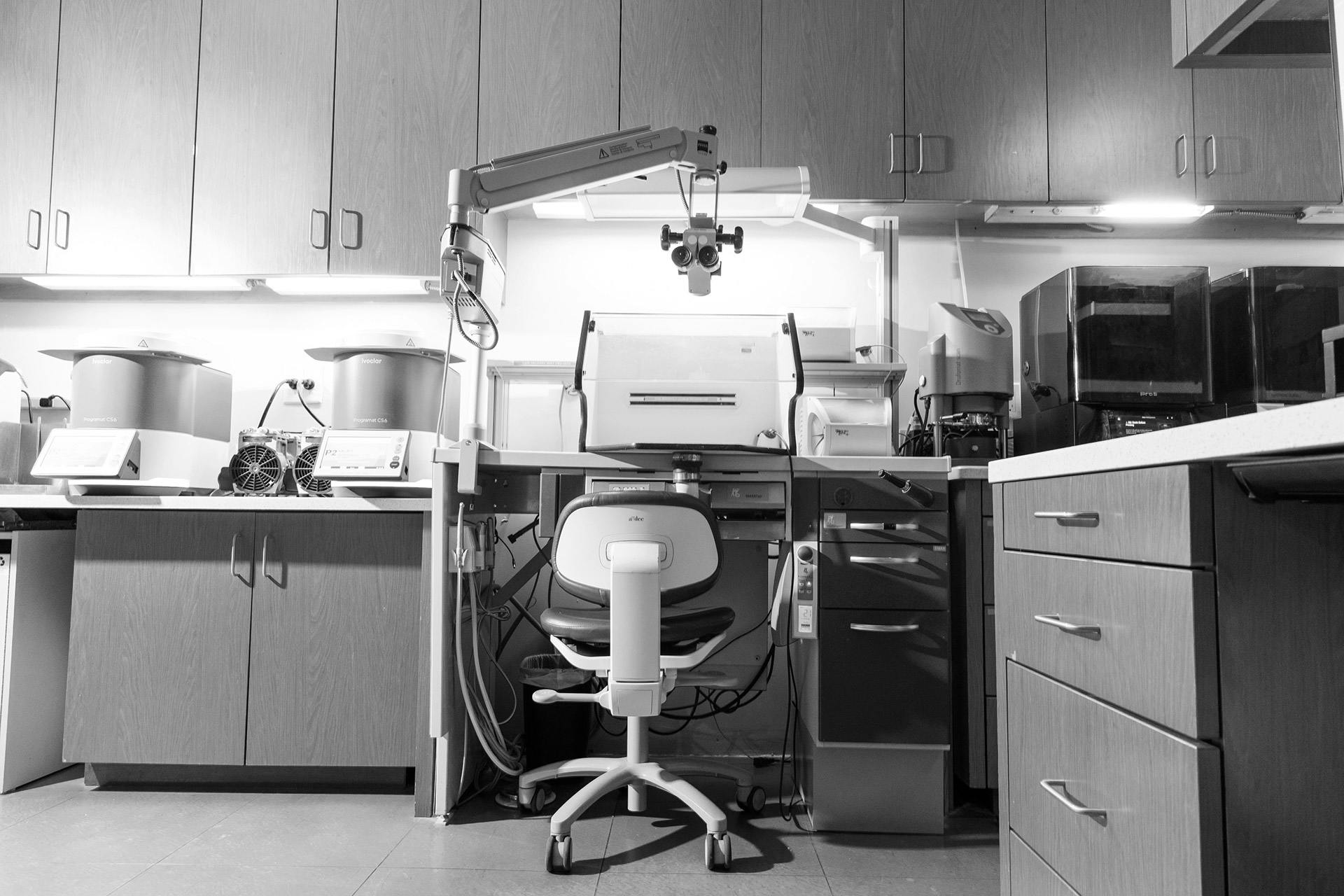If you require a root canal in Naples and are anxious about undergoing your dental treatment, you are not alone.
What Is Root Canal Therapy?
Endodontics is a branch of dentistry that deals with the tooth pulp, a swelling tooth, or soft living tissue of your teeth. A tooth that has been affected by deep decay or extensive trauma such as cracks in the tooth may need a root canal to prevent further damage. If the tooth goes untreated by a root canal specialist, extensive damage may lead to the need to remove the tooth and replace it with a tooth implant or partial dentures.


















